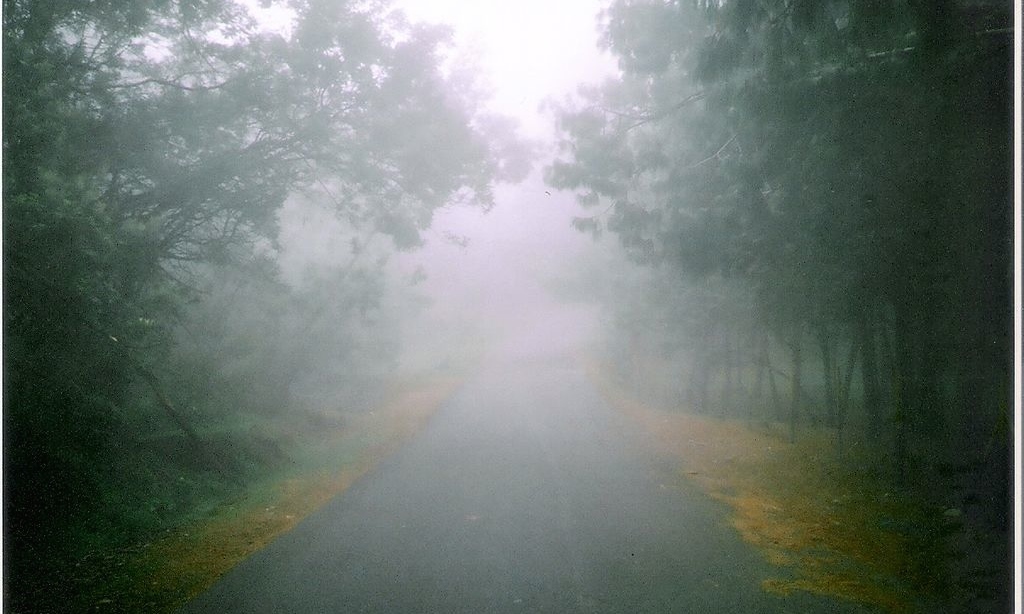Make us know the shortness of our life in order that we may gain wisdom of heart.
–Ps 90:12
To behold death is profound for the living.
We live comfortably forgetful of our mortality, busying ourselves with the delights and sorrows of the world, blissfully ignoring the fact of death.
But death will not be forgotten. Unannounced, death rudely rears its head in our lives: a family member dies, or we witness a car accident, or we are simply deluged by the constant stream of ghastly shootings in our country. We want to block these out, to condemn violence, medicate sickness, and numb ourselves to reality. After all, “human kind cannot bear very much reality” (Eliot, Little Gidding). Yet being forced to witness others’ death makes us realize that we too are only here a while. Eventually, we come face to face with our own mortality.
We were not made for death, for “God did not make death, nor does he rejoice in the destruction of the living. For he fashioned all things that they might have being” (Wis 1:13-14). Jesus makes clear that God wills life, not death, saying “I came that you might have life, and have it to the fullest” (Jn 10:10). If God wills our life, why do we have to die? Why must we say goodbye to friends and family, torn from the times we spend with them: the sunset’s glow, a fire-lit room, a jovial feast.
Though we may “know” that death is not the end, it is the only end that we can see. Whatever lies after it is hidden behind the veil.
If the death that we witness is the death of a loved one, the effect is even more profound. Not only do we have to face the jarring truth of our mortality, but we must also deal with the terrible emptiness of the hole which our dear one has left behind. If the process of dying is long, there is added anguish of being incapable of being truly with our loved one in their final throes; death is a solitary affair, no matter how many are standing around the bed.
Having worked this summer with families at hospice care, I have had the singular experience of being with them as they see this empty hole gape open before them, as their loved ones slip past the veil. What can I say? How can I help them? Though it is surely true that their loved one must trust in the mercy of God, I cannot assure them salvation, and even if I could, how can my little words even begin to blunt the pain of so great a wound, the loss of an irreplaceable image of God in their lives?
All we can offer is a reminder that we have hope. It does not seem like much, but true theological hope is strong indeed. In Josef Pieper’s words,
hope is the confidently patient expectation of eternal beatitude in a contemplative and comprehensive sharing of the triune life of God; hope expects from God’s hand the eternal life that is God himself. (On Hope, 30)
Neither presuming that this eternal life is ours, nor despairing any chance of receiving it one day, we can cling to an assurance that Jesus Christ trampled death: “O death, where is thy sting? O grave, where is thy victory?” (1 Cor 15:55). We know that “the outcome of this death [now is] life in God in place of our life of sin and misery” (Bl. Elizabeth of the Trinity, Letter, “The Greatness of our Vocation”).
Christ has made death the path to life: not just life, but Life in perfect union with Him in the inner Life of the Divine Trinity for those who believe. And no matter the pain death causes us, we can place all our hope in Him.
✠
Image: Prakash Kumar R, Fog on a road in Kodaikanal (CC BY-SA 3.0)







